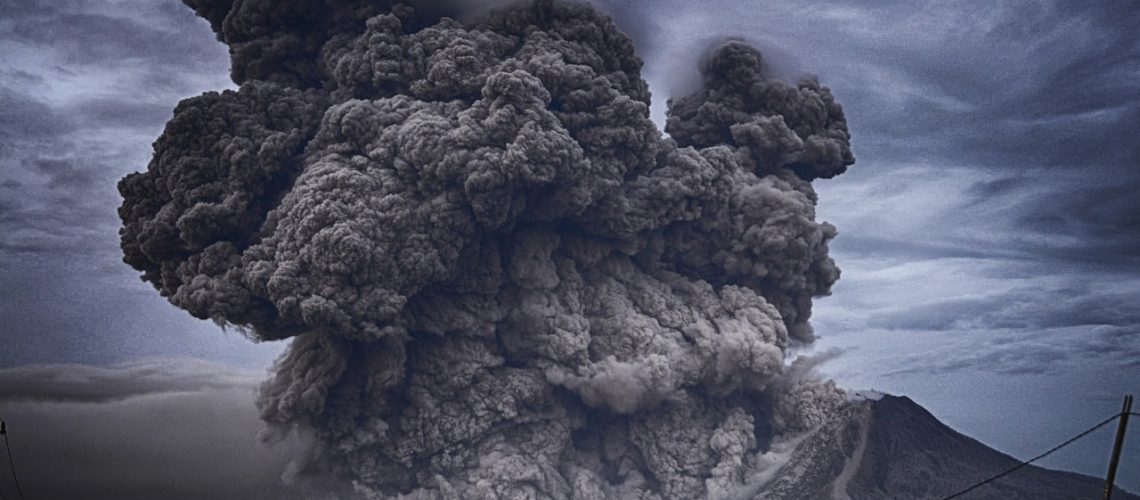In an ever-changing world, the ability to adapt and recover swiftly from disasters is paramount for businesses. Whether it’s a natural catastrophe like a hurricane or a man-made cyberattack, organizations must have robust disaster recovery plans in place. One technology that stands out as a critical component of disaster recovery is Voice over Internet Protocol (VoIP).
Understanding VoIP in Disaster Recovery
Voice over IP (VoIP) is a technology that allows voice calls to be made over an internet connection rather than traditional phone lines. It offers numerous advantages over conventional phone systems, including cost-efficiency, superior call quality, and greater flexibility. However, its most invaluable feature in the context of disaster recovery is its ability to maintain communication even when traditional phone lines fail.
VOIP ENABLES REMOTE WORK AND COLLABORATION
In the aftermath of a disaster, employees may find it impossible to commute to work due to transportation disruptions or damage to the workplace. In fact, less than 10% of businesses would survive a major cybersecurity incident without a solid disaster recovery strategy in place. VoIP provides a lifeline by enabling employees to work remotely and stay connected with each other and customers. With VoIP, employees can make and receive calls, engage in video conferencing, and collaborate on documents from any location with an internet connection.
VOIP PROVIDES REDUNDANCY
Traditional phone lines are vulnerable to various forms of damage, including natural disasters like floods, earthquakes, and hurricanes, as well as cyberattacks that can cripple entire networks. VoIP systems, in contrast, are designed with redundancy in mind. They can automatically reroute calls to backup servers or other devices, ensuring that communication remains operational even if some infrastructure is compromised.
VOIP OFFERS SCALABILITY
Another compelling advantage of VoIP is its scalability. When a disaster strikes, organizations may need to rapidly expand their communication capabilities to handle increased call volumes. VoIP systems can be effortlessly expanded to accommodate more users and calls, making it easier for organizations to meet the heightened demand for communication.
MOBILE VOIP APPS ENHANCE MOBILITY AND FLEXIBILITY
In addition to traditional VoIP systems, mobile VoIP apps play a vital role in disaster recovery. These apps introduce an additional layer of redundancy and flexibility. Employees can make and receive calls using their mobile devices, which becomes critical if both traditional phone lines and internet connections are disrupted. Moreover, mobile VoIP apps facilitate communication with customers and partners located outside of the affected area.
Maximizing VoIP in Disaster Recovery
To harness the full potential of VoIP in disaster recovery scenarios, organizations should consider the following best practices:
Have a Backup Plan
While VoIP systems are designed to provide redundancy, it’s essential to have a comprehensive backup plan in case of a catastrophic event. This may involve securing backup power sources, alternative internet connections, and spare hardware. A well-thought-out backup plan ensures that your organization can maintain communication even in the direst circumstances.
Train Employees
Prepare your workforce by ensuring that employees are well-versed in using VoIP systems and mobile apps before a disaster occurs. Training minimizes downtime and empowers employees to quickly resume their work, even in the face of adversity.
Regularly Test Systems
Periodic testing of VoIP systems and mobile apps is critical to guarantee their functionality and their ability to handle increased call volumes during a crisis. Regular testing ensures that your communication infrastructure remains robust and reliable.
VoIPcom Offers the VoIP Your Business Needs
VoIP is an indispensable tool for organizations seeking to ensure business continuity in the face of disasters. Its capacity to provide redundancy, scalability, and flexibility makes it a valuable addition to any disaster recovery plan. Mobile VoIP apps add an extra layer of mobility and adaptability, ensuring that employees and organizations can stay connected and productive even in the most challenging of circumstances.
By implementing the outlined tips and integrating VoIP effectively into your disaster recovery strategy, your organization can maximize the benefits of VoIP technology and be well-prepared for any eventuality. Embrace VoIP as a cornerstone of your disaster recovery plan, and you’ll be better equipped to navigate and recover from disruptions, safeguarding your business’s continued success.


